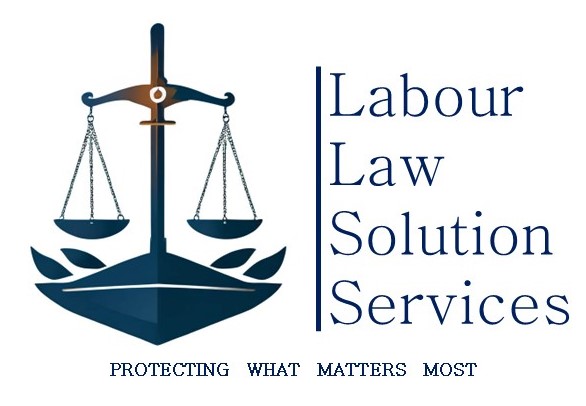
Service Contracts
Service contracts are contracts between a consumer or client and the person or firm that will provide the services. A Service Contract is used to outline a work agreement between an employer and employee.
Safety Files
Safety Files in digital format to make work on sites and in the workshop easy. Safety made easy. Taking out the headache in safety implementation.
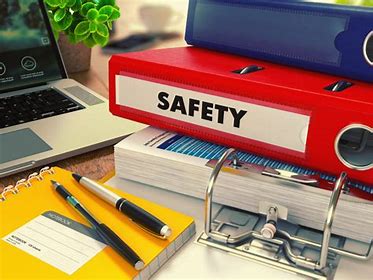

Wage / Union Negotiations
Trade unions are responsible for negotiating and bargaining with employers on behalf of their members (employees). Wages, hiring and firing standards, complaint procedures, and employee perks are all possible topics for bargaining and talks.
Human Resources
Human resources (HR) is the division of a company responsible for locating, screening, hiring, and training job candidates, as well as administering employee benefit programs.


Industrial Relations
Industrial relations, often known as employment relations, is a multidisciplinary academic discipline that analyzes the employment relationship, or the complex interrelationships that exist between employers and employees, labor/trade unions, employer groups, and the government.
Employee Relations
Multidisciplinary academic field that studies the employment relationship; that is, the complex interrelations between employers and employees, labor/trade unions, employer organizations and the state.

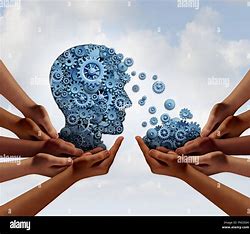
Skills Development
Talent development is the process of determining your skill gaps and ensuring that you fill them. Your abilities determine your capacity to carry out plans and reach your objectives. An employee’s life revolves upon skill development and training.
CCMA Representation
LLSS being part of an Employers Organisation may represent you in any CCMA proceedings.


Disciplinary Procedures
Disciplinary procedures are a collection of rules that an employer follows when it comes to dealing with disciplinary matters. They should include a disciplinary hearing in which you can provide your side of the story.
Restructuring / Retrenchments
When a company makes significant changes to its financial or operational structure, typically while under financial duress or end of works. Its important to follow the correct consultation processes in this regard.


Employment Equity
Employers in federal jurisdictions are required to participate in proactive employment practices to improve the representation of four designated groups: women, people with disabilities, Aboriginal peoples, and visible minorities, as defined by the Employment Equity Act.
Dispute Resolution
The process of resolving problems between parties is known as conflict resolution or conflict settlement. Although conflicts are often more deep-rooted and long than disputes, the terms dispute resolution and conflict resolution are sometimes used interchangeably.


Recruitment
The process of identifying, attracting, screening, shortlisting, and interviewing eligible people for vacancies within an organization is referred to as recruitment.
Litigation
The process of taking a case to a court of law so that a judgment can be made


Policies & Procedures
Policies and procedures are a set of rules and methods designed to structure processes within an organization. Here are the key points:
Policies set parameters for decision-making and explain the "why" behind an action.
Procedures provide step-by-step instructions for specific routine tasks and explain the "how".
Policies define rules, while procedures define how those rules are followed.Labour Law Compliance
Labour law compliance refers to adhering to the rules and regulations set by employment law. It involves ensuring that businesses follow working standards, policies, and procedures, and that employees receive their entitlements as outlined in their employment contracts.
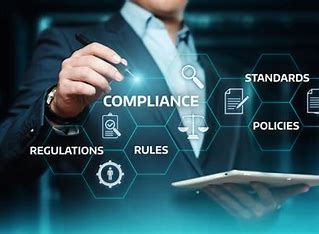

Qualification & Criminal Background Checks
A background check is a process used by an organisation or person to verify that an individual is who they claim to be, check their past record to confirm education, employment history, other activities and for a criminal record.
Polygraph Testing
The polygraph test, commonly known as a lie detector test, is a method used to measure and record several physiological indicators such as blood pressure, pulse, respiration, and skin conductivity while a person is asked and answers a series of questions. The premise behind the test is that deceptive answers will produce physiological responses that can be differentiated from those associated with non-deceptive answers.
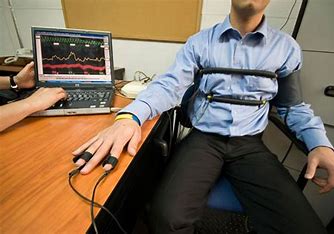

Training
Our team of professionals can offer training in
Criminal Law
Criminal law is the body of law that relates to crime. It prescribes conduct perceived as threatening, harmful, or otherwise endangering to the property, health, safety, and welfare of people inclusive of one's self. Most criminal law is established by statute, which is to say that the laws are enacted by a legislature. Criminal law includes the punishment and rehabilitation of people who violate such laws.

